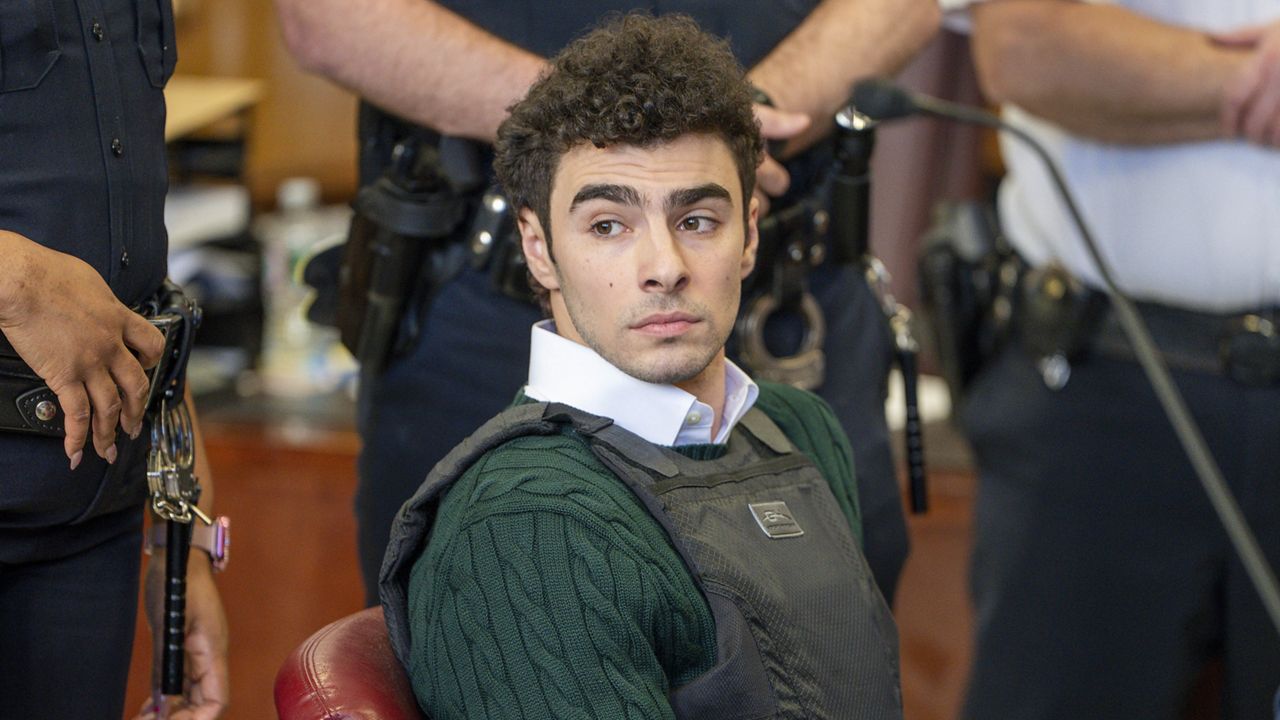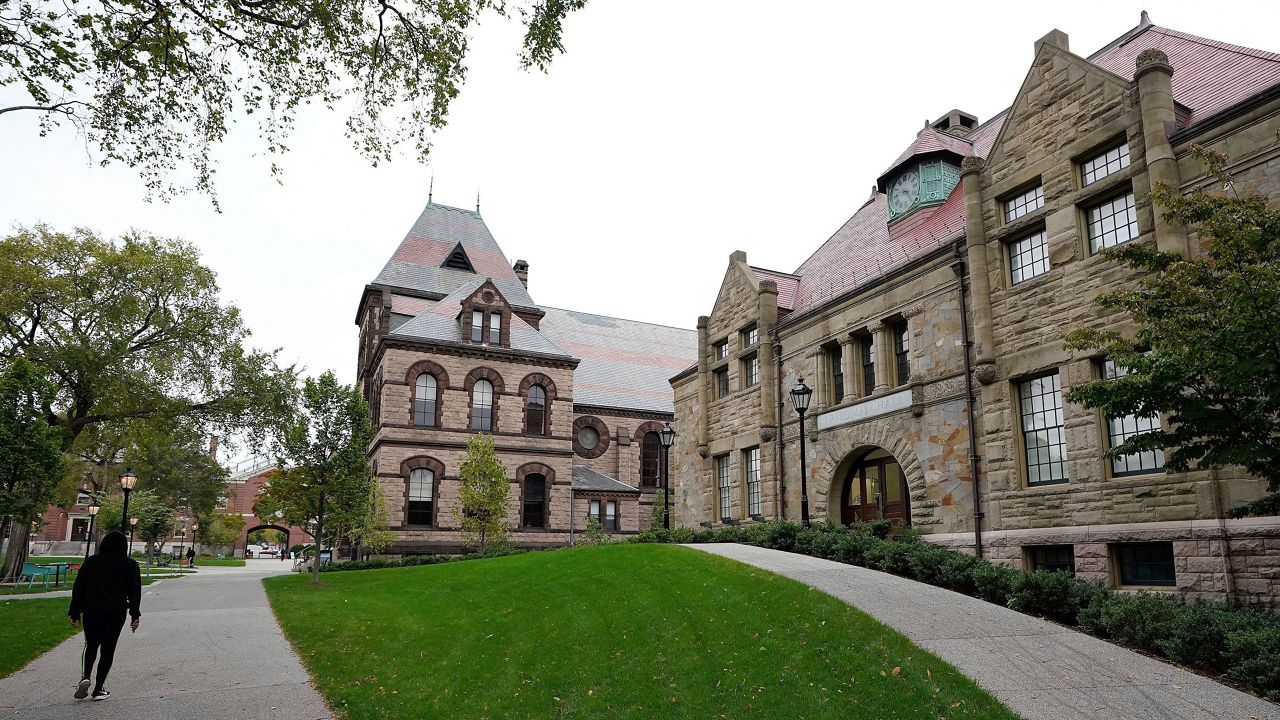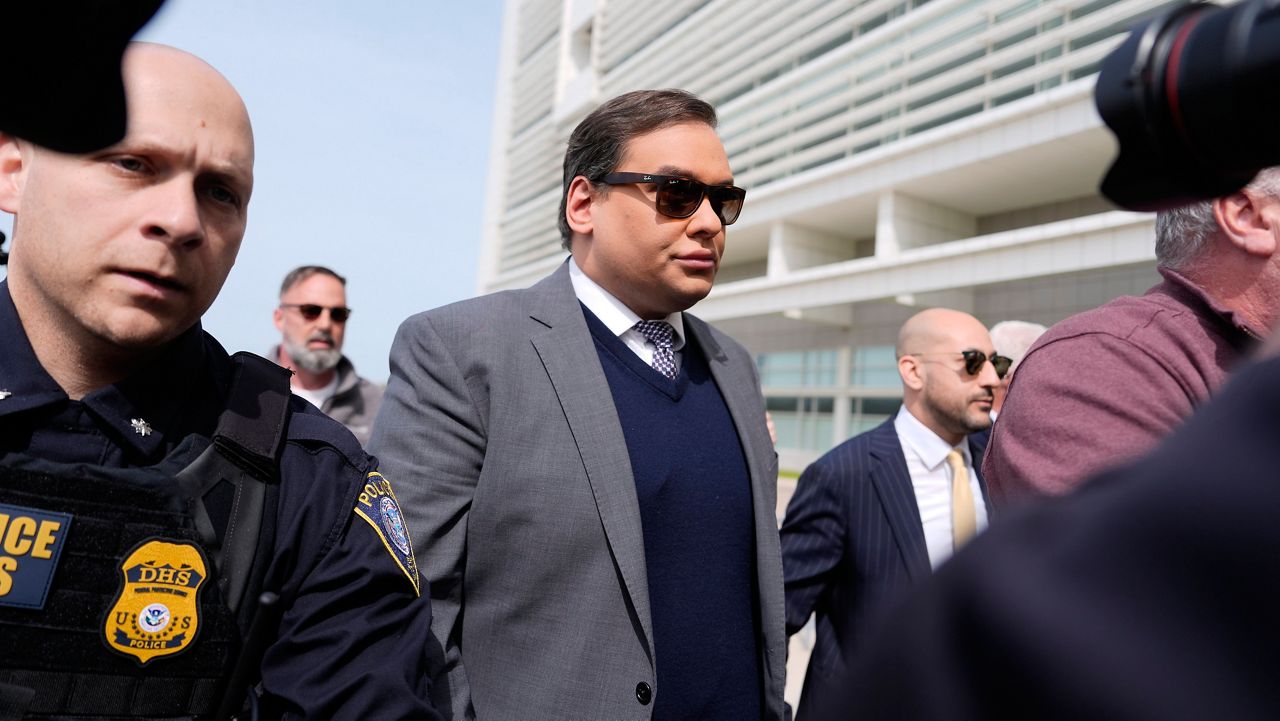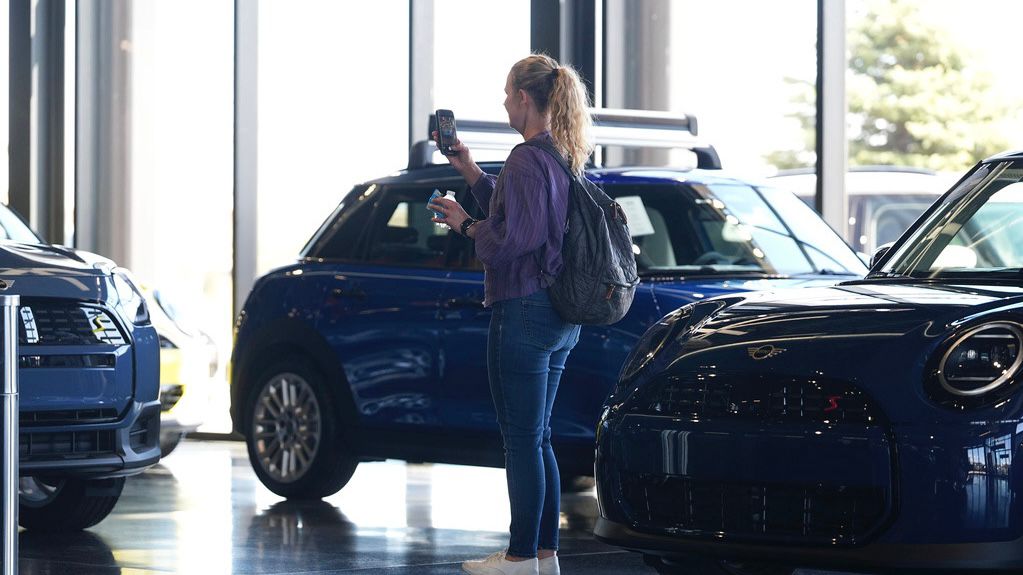THOUSAND OAKS, Calif. — You know the old joke, "How do you get to Carnegie Hall?" Practice.
Gulia Gurevich, a renowned concert violinist, has earned entry into the historic venue. She has performed twice on the stage most musicians consider a shrine. Gurevich also travels the globe with a trio to entertain audiences.
So why in the world is a world-class violinist playing a gig in somebody's backyard to fewer than a dozen people?
These days professional musicians are happy to play anywhere. Many are out of work because venues all around the world were shuttered. The COVID-19 virus chased Gurevich and other concert musicians off the stage.
"I know a lot of us are really struggling," Gurevich said. "World-class musicians don't know where their food will come from."
Gurevich's entire world is music. She emigrated from Uzbekistan to study and hone her craft in the United States at some of the world's top music schools. Her husband Alexander is a concert viola player and manages an orchestra. Her two daughters, 6-year-old Simone and 8-year-old Renata, both play the violin. When she and her husband aren't touring, Gurevich teaches music out of her Thousand Oaks home.
The show stopped when a world-wide pandemic crashed onto the stage. Gurevich's tour dates were canceled. Alexander's orchestra went dark. Like many people, the Gurevich family suddenly had more time and less money.
Gurevich continued to earn a living by teaching music remotely. But she had no reason to play professionally, no purpose of sharpening her skills for that next performance. Then she got a phone call from Claytie Mason.
Mason works for "Hospice of the Conejo." She realized how the safety protocols implemented to stop the virus from harming her patients also isolated them.
"People can't see their families," Mason said. "They can't have volunteers come and visit them."
Mason also saw how musicians were out of work. And this is where she realized an opportunity.
"Let's put these two needs together," Mason said. "And serve both communities at once."
Mason created the "Threshold Music Program." She pays a modest stipend to musicians like Gurevich to come and play for terminally ill and memory patients on the threshold of life. Music is a common language, Mason said.
"Music really has the capacity to reach places that are not reachable by words," she said.
Many hospice patients can't communicate. And, often, the last sense to leave her patients is hearing.
Following CDC protocols, Gurevich brings her violin and plays for hospice patients in the backyard of care homes where the patients live. Gurevich realizes she is delivering a noteworthy performance, she said. For many in the audience, this is the last time they will hear live music.
"People have an opportunity to get away from their anxieties and fear, at least for the moment," Gurevich said.
The face mask Gurevich has to wear as she plays at a safe distance from her fragile audience literally "masks" her tears, she said.
"It's very emotional. You can't see behind my mask," Gurevich said. "I try and stay cool. But really, I'm getting very, very emotional."











